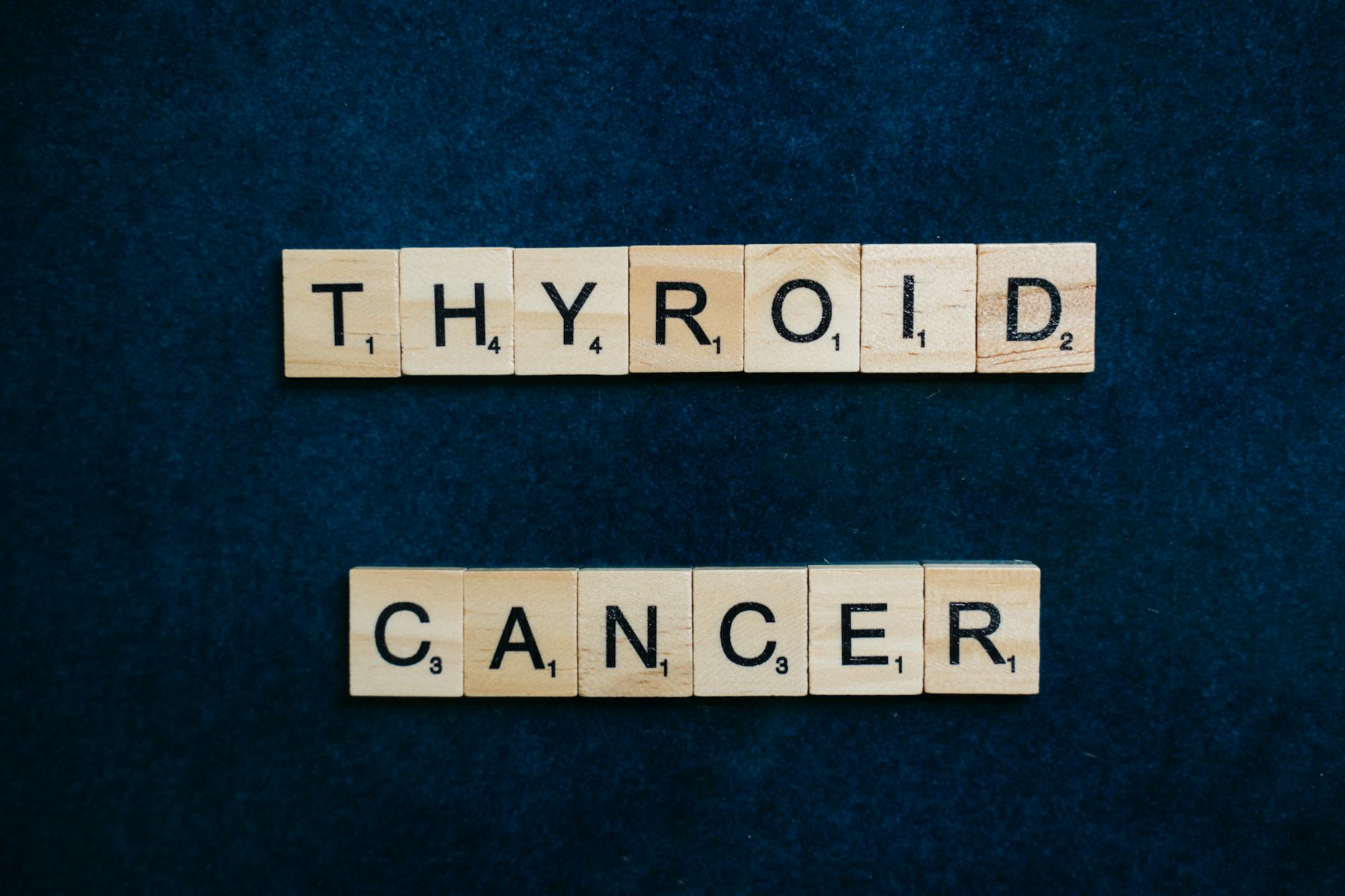Unraveling the enigma of Graves’ Disease: A deep dive into the symptoms, causes, and treatments you need to know.
Table of Contents
Are you feeling fatigued, anxious, and experiencing unexplained weight loss? You might be one of the millions of people worldwide suffering from Graves’ disease, a complex autoimmune disorder that affects the thyroid gland. In this blog post, we’ll delve into the intricacies of Graves’ disease, exploring its causes, symptoms, diagnosis, and treatment options. By the end of this read, you’ll have a clearer understanding of this condition and how to effectively manage it.
Causes of Graves’ Disease
Graves’ disease is primarily caused by an overactive thyroid gland, a result of the immune system mistakenly attacking the thyroid tissue. Genetic factors, environmental influences, and other autoimmune conditions can also contribute to the development of Graves’ disease.
Symptoms and Complications
The symptoms of Graves’ disease can vary from person to person but commonly include palpitations, tremors, insomnia, muscle weakness, and excessive sweating. If left untreated, Graves’ disease can lead to serious complications such as heart problems, osteoporosis, and eye issues like bulging eyes (exophthalmos).
Diagnosis and Testing
Diagnosing Graves’ disease typically involves a physical examination, blood tests to measure thyroid hormone levels, and imaging tests like a thyroid scan or ultrasound. Your healthcare provider may also recommend additional tests to rule out other thyroid disorders.
Treatment Options
Treatment for Graves’ disease aims to restore thyroid hormone levels to normal and alleviate symptoms. Options may include anti-thyroid medications, radioactive iodine therapy, or thyroid surgery. Your healthcare provider will tailor a treatment plan based on your individual needs and preferences.
Lifestyle Changes and Self-Care
In addition to medical treatments, lifestyle modifications can play a crucial role in managing Graves’ disease. Maintaining a balanced diet, managing stress levels, getting regular exercise, and prioritizing sleep can help support your overall health and well-being.
| Topic | Key Points |
|---|---|
| Introduction | Overview of Graves’ Disease |
| Cause | Autoimmune disorder affecting the thyroid gland |
| Symptoms | Weight loss, rapid heart rate, bulging eyes (exophthalmos) |
| Diagnosis | Physical exam, blood tests, imaging studies |
| Treatment | Medication, radioactive iodine therapy, surgery |
| Complications | Thyroid storm, heart problems, eye issues |
| Prognosis | With proper treatment, most people can lead normal lives |
Seeking Support and Resources
Coping with a chronic condition like Graves’ disease can be challenging, but you’re not alone. Connecting with support groups, seeking counseling, and educating yourself about the condition can provide valuable insights and emotional support. Remember, it’s okay to ask for help when you need it.
Final Thoughts
Graves’ disease may present its challenges, but with proper management and support, you can lead a fulfilling life despite the condition. By taking proactive steps, working closely with your healthcare team, and prioritizing your well-being, you can effectively navigate the complexities of Graves’ disease and maintain your overall health.
FAQ Section
What are the risk factors for developing Graves’ disease?
Answer 1: Risk factors for Graves’ disease include genetics, gender (more common in women), stress, smoking, and viral infections. These factors can contribute to the development of the autoimmune disorder affecting the thyroid gland.
Can Graves’ disease be cured?
Answer 2: While Graves’ disease cannot be cured, it can be effectively managed with treatments such as medications, radioactive iodine therapy, or surgery. Close monitoring by healthcare providers and adherence to treatment plans can help control symptoms and maintain thyroid hormone levels.
Are there any natural remedies for Graves’ disease?
Answer 3: Some people may explore natural remedies like acupuncture, yoga, and dietary supplements to complement traditional medical treatments for Graves’ disease. It’s essential to consult with healthcare providers before trying any alternative therapies to ensure they are safe and effective.
Can Graves’ disease affect fertility?
Answer 4: Graves’ disease can impact fertility in some cases, particularly if thyroid hormone levels are not well-controlled. Women with untreated or poorly managed Graves’ disease may experience irregular menstrual cycles, difficulty conceiving, or complications during pregnancy. It’s crucial to work closely with healthcare providers to address any fertility concerns.





